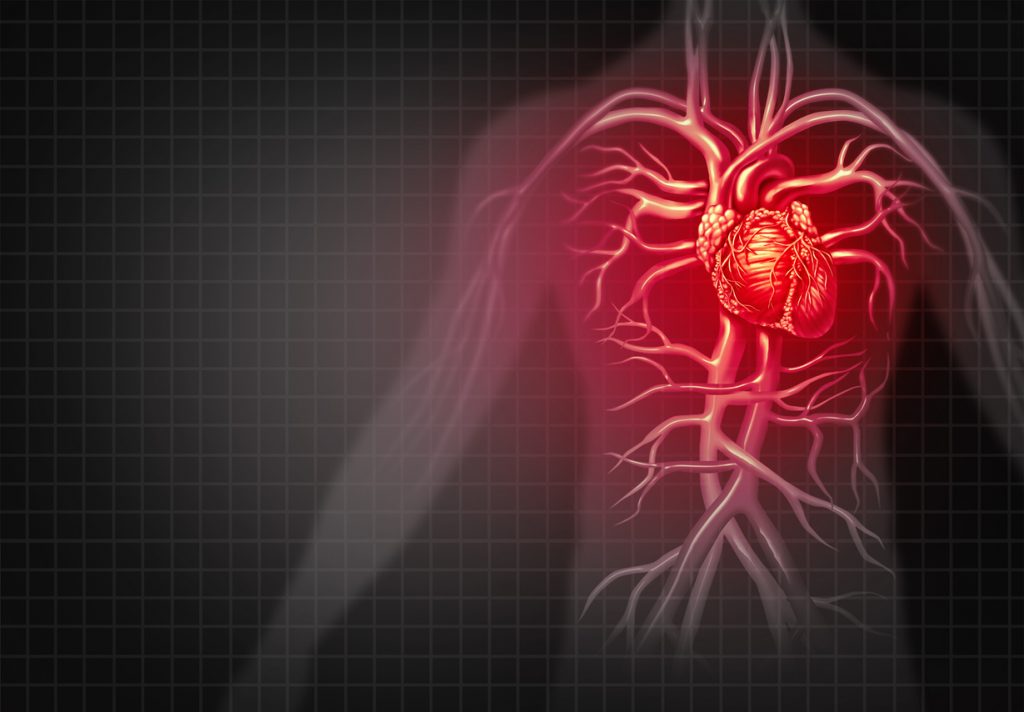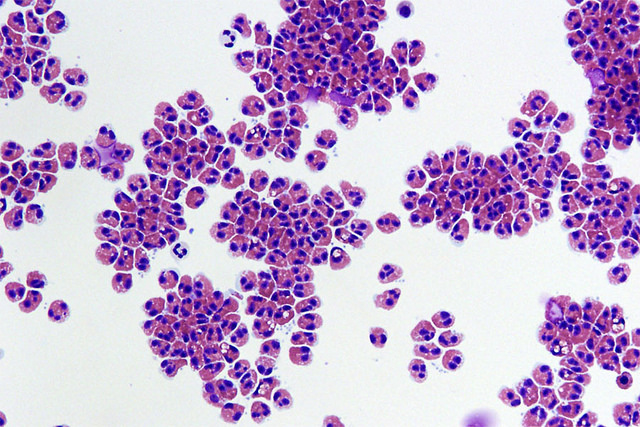Abdominal obesity is strongly associated with dyslipidemia, which may account for the associated increased risk of atherosclerosis and coronary disease. Hypothesis: Reduction in abdominal fat mass by weight loss decreases apoB concentration and raises HDL-cholesterol chiefly by increasing LDL-apoB fractional catabolic rate (FCR), as well as decreasing HDL apoA-I, respectively.
Official Title
Effect of Weight Loss on Lipoprotein Metabolism in Abdominal Obesity
Conditions
Obesity, Dyslipidemia, Insulin Resistance
Study Type
Interventional
Study Design
Treatment, Randomized, Open Label, Placebo Control, Parallel Assignment, Efficacy Study
Further Details
Primary Outcome Measures:
- Fractional catabolic and production rates of LDL-apoB and HDL-apoA-I (before and after 16 week treatments)
Secondary Outcome Measures:
- Cholesterol; Triglyceride; LDL-cholesterol; Adipocytokines; Genetic polymorphism
We examined the mechanism of the effect of weight loss through dieting on LDL and HDL metabolism in abdominally obese men. LDL apoB-100 and HDL apoA-I kinetics were studied using a primed-constant infusion of 1-[13C]-leucine in a controlled, dietary intervention trial of 16 weeks duration in middle-aged, obese men with the metabolic syndrome. Isotopic enrichment in apoB and apoA-I was measured by gas chromatography-mass spectrometry and fractional turnover rates estimated using multi-compartmental modelling.
Study Start
January 1995; Study completion: December 1998
Eligibility & Criteria
- Ages Eligible for Study: 18 Years – 65 Years
- Genders Eligible for Study: Male
- Accepts Healthy Volunteers
Inclusion Criteria:
- Obesity was defined as a body mass index (BMI) >28kg/m2 and visceral visceral obesity (waist to hip ratio> 1.0 or waist circumference >100 cm)
Exclusion Criteria:
- Diabetes mellitus
- Proteinuria
- Hypothyroidism
- Abnormal liver enzymes
- Major systemic illness
- A history of alcohol abuse
- A family history of hyperlipidemia or premature coronary artery disease or were taking medication known to affect lipid metabolism.
Total Enrolment
40
Contact Details
Royal Perth Hospital, Perth, Western Australia, 6000, Australia
- Dick C Chan, PhD, Principal Investigator, University of Western Australia
- Gerald F Watts, MD, Study Chair, University of Western Australia
All content and media on the HealthEngine Blog is created and published online for informational purposes only. It is not intended to be a substitute for professional medical advice and should not be relied on as health or personal advice. Always seek the guidance of your doctor or other qualified health professional with any questions you may have regarding your health or a medical condition. Never disregard the advice of a medical professional, or delay in seeking it because of something you have read on this Website. If you think you may have a medical emergency, call your doctor, go to the nearest hospital emergency department, or call the emergency services immediately.







